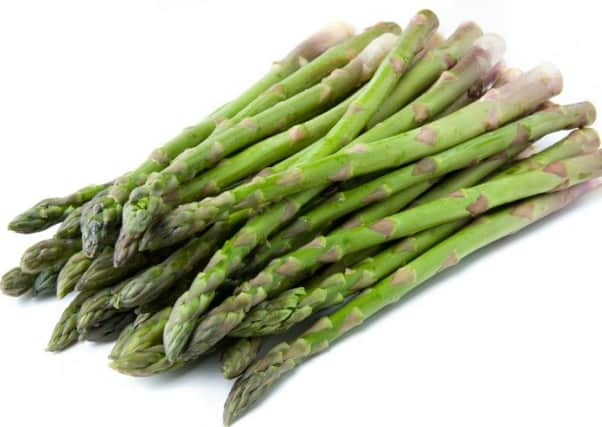Tax Tribunal unable to decide whether asparagus growing is farming or market gardening


The appeal case, which was heard in London on 27 June, was brought by a Mrs Thorne, and centred around the ‘sideways’ loss relief she claimed on her 2008-2009 self-assessment return.
The claim for losses arising from Mrs Thorne’s horse breeding and asparagus growing activities was initially rejected by HMRC on the basis that, considered together as a single composite trade, the two activities were not carried out in that year on a commercial basis with a view to realising profits.
Advertisement
Hide AdAdvertisement
Hide AdA subsequent appeal to the First Tier Tribunal confirmed that as Mrs Thorne had submitted a composite tax return in which she made an amalgamated claim for tax relief in respect of both activities, and because the composite trade was not operated on a commercial basis, sideways loss relief was not available.
Following a further appeal, the Upper Tribunal had to determine whether the First Tier Tribunal had erred in law in concluding that Mrs Thorne’s equestrian activity and asparagus business were a single, composite trade. In her appeal, Mrs Thorne also asked the Upper Tribunal to allow her loss to the extent that it related to her asparagus business, which she estimated to be around 70 per cent of the loss claimed.
Under the law (Section 9 of the Income Tax (Trading and Other Income) Act 2005), all farming - but not market gardening - is deemed to be a single trade. If the asparagus business was not farming but market gardening then section 9 of the Act would not deem there to be a single trade.
In its decision, the Upper Tribunal decided that the First Tier Tribunal’s failure to consider and reach a conclusion on the question of whether the asparagus business was farming or market gardening was an error of law. However, despite the Upper Tribunal’s own attempts to consider the question by looking at the factors or characteristics which could determine whether land was used as a farm or a market garden, it was unable to reach a conclusion.
Advertisement
Hide AdAdvertisement
Hide AdAs a result the case has been remitted back to the First-Tier Tribunal to consider whether the asparagus business was market gardening or farming and to determine on the facts, whether there was a single, composite trade.
Commenting on the case, Sharon Omer-Kaye, head of rural services at RSM said: “This case is a further example of the tax complexities facing rural businesses and the outcome could have important implications for many in the sector.”